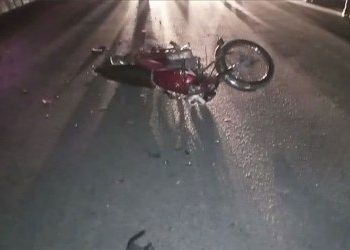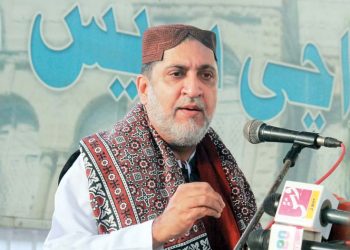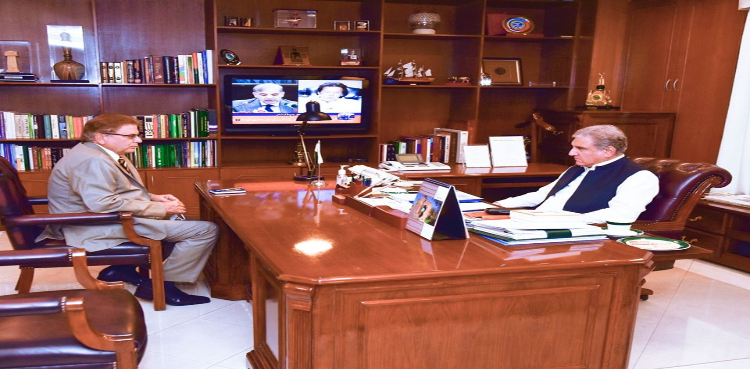The Supreme Court of Pakistan upheld its decision to hold the Punjab Assembly elections on May 14, and dismissed the Election Commission of Pakistan’s review petition against the verdict.
A three-member bench headed by Chief Justice of Pakistan Umar Ata Bandial, and comprising Justice Ijazul Ahsan and Justice Muneeb Akhtar, heard the application.
During the hearing, the counsel for the election commission said that after looking at the situation after May 9, they decided that elections could not be held on May 14. The CJP remarked that the court had said they could not take this decision themselves.
“The court gave you a very clear way. After this, what other option did you hav?” the CJP questioned.
CJP Bandial further told the lawyer of the ECP that the court understood his point that he did not understand the decision.
Justice Akhtar remarked that the Constitution is related to the people of Pakistan, and elections could not be delayed. The Constitution is not someone’s property that can be violated at any time.
The election commission lawyer said it was wrong to remark that the ECP does not have the authority to postpone elections.
At this, Justice Akhtar asked the counsel to read out the verdict and identify any mistakes in it.
“We are not trying to convince you that there were no mistakes in the decision. Show us from the record what is wrong with the court decision.”
Justice Ahsan asked if the commission can also say they were not in a position to hold elections for five years? How did you conclude that you can justify not holding elections, he asked further.
Justice Akhtar remarked that the commission had said several times they could hold the elections if security and budget were provided. He asked the ECP to identify the mistakes that need to be reviewed.
The verdict could be wrong in your view but the court interpreted the Constitution.
The Supreme Court then dismissed the election commission’s review petition related to the elections in Punjab and CJP Bandial remarked that the court will intervene whenever there is a constitutional violation.














































